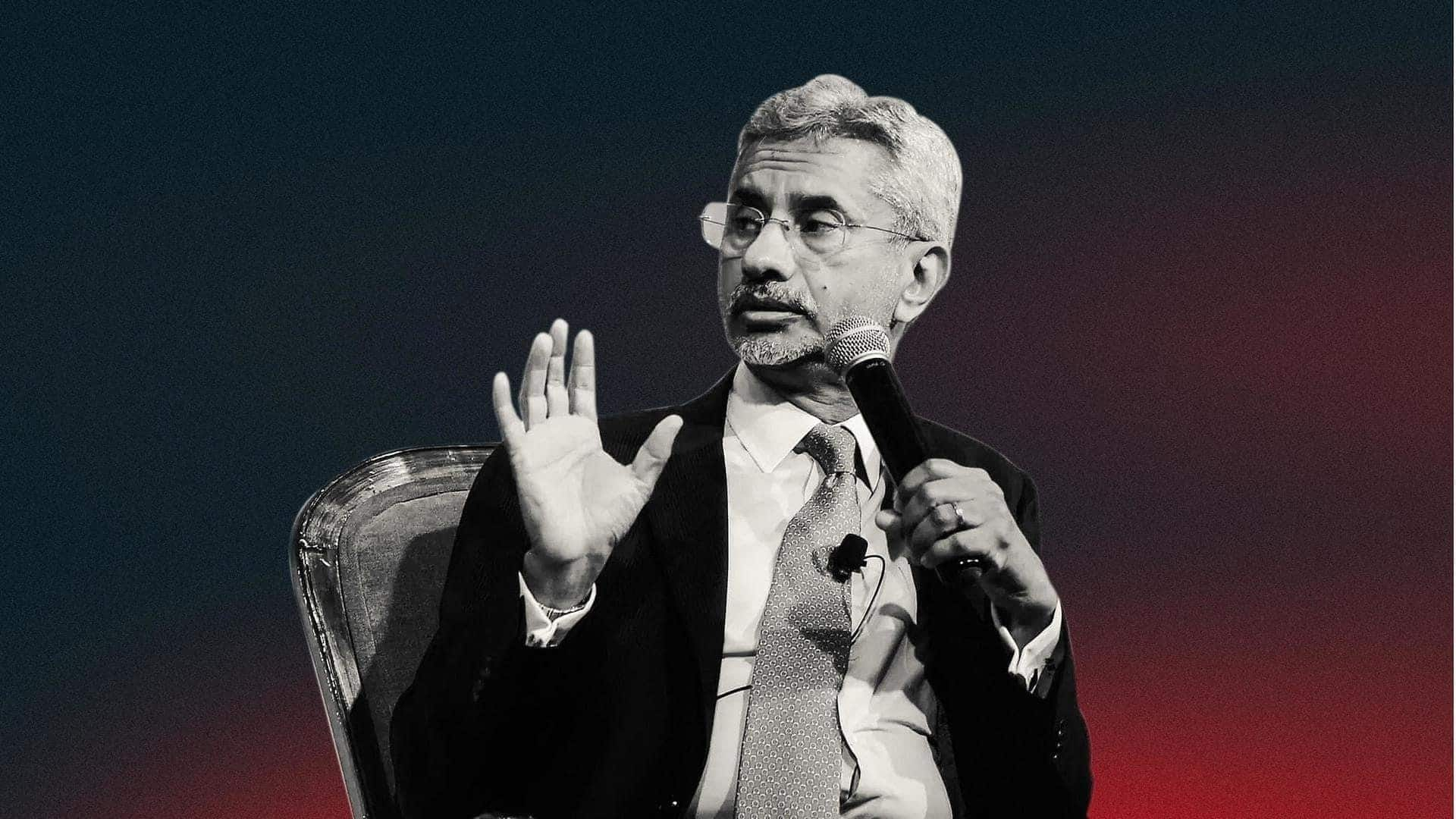
'UN like an old, outdated company hogging space': Jaishankar
What's the story
External Affairs Minister S Jaishankar on Sunday criticized the United Nations, likening it to an "old company" that does not entirely keep up with the market but occupies space. "At the end of the day, however suboptimal it is in functioning, it is still the only multilateral game in town but when it doesn't step up on key issues, countries figure out their own ways of doing," he said at the Kautalya Economic Conclave.
Inaction criticized
UN's inaction on key issues prompts alternative solutions: Jaishankar
He also highlighted the organization's lack of action during global events such as the COVID-19 pandemic. "Think about what the UN do on COVID. I think the answer is not very much," he said. He said that countries had to come up with their own initiatives, like COVAX. "I think increasingly you find combinations of countries who come together and say, let's agree on this and let's go and do it...the UN will continue, but increasingly there's a non-UN space."
Geopolitical challenges
Middle East complexities and global politics' limited bandwidth
Turning to the complexities of the Middle East, Jaishankar remarked on the difficulty of addressing the region's challenges. He highlighted that some parties refuse to acknowledge their roles in ongoing conflicts, making resolution efforts more challenging. "Middle East is more complex, there are parties which do not acknowledge on what they are doing," he said. He further stated that the Global South is experiencing the effects of these geopolitical tensions more severely than others, increasing concerns about the region's stability.
Impact assessment
Global South bears brunt of geopolitical tensions
As the anniversary of the Israel conflict approaches, he remarked, "Tomorrow is exactly a year on Israel... The IMEC is not dead, but the kind of response that we expected didn't happen." He warned that the events over the past year have demonstrated that risks are far greater than previously thought. "The conflict...has shown that risks are much higher...the multiplicity of risks because of proliferation of various technologies and climate change, the case has become stronger," he noted.